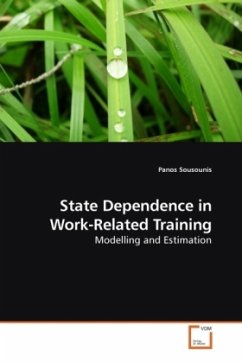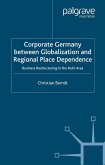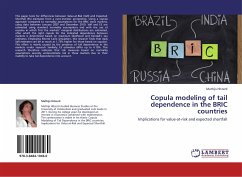The comparative advantage of Western nations lies with their relatively higher skilled workforces. In this context, work-related training has assumed a prominent role and has become an invaluable tool in the upgrading of skills. The past experience of a training event as a determinant of future participation has, so far, been overlooked in the literature, mainly due to data unavailability. The concurrent development of rich longitudinal datasets and of methodological advances in the analysis of panel data allow for a rigorous investigation of the influence of the individual s training history on their future behaviour. This book, therefore, provides a discussion of the contribution of serial persistence in the work- related training participation decision of employees and of the associated econometric issues and techniques. The analysis should help shed some light into the determinants of training participation and should be useful to professionals in Human Resource Management fields, researchers and graduate students of Personnel or Labor economics and anyone else considering working with panel data models.
Bitte wählen Sie Ihr Anliegen aus.
Rechnungen
Retourenschein anfordern
Bestellstatus
Storno








